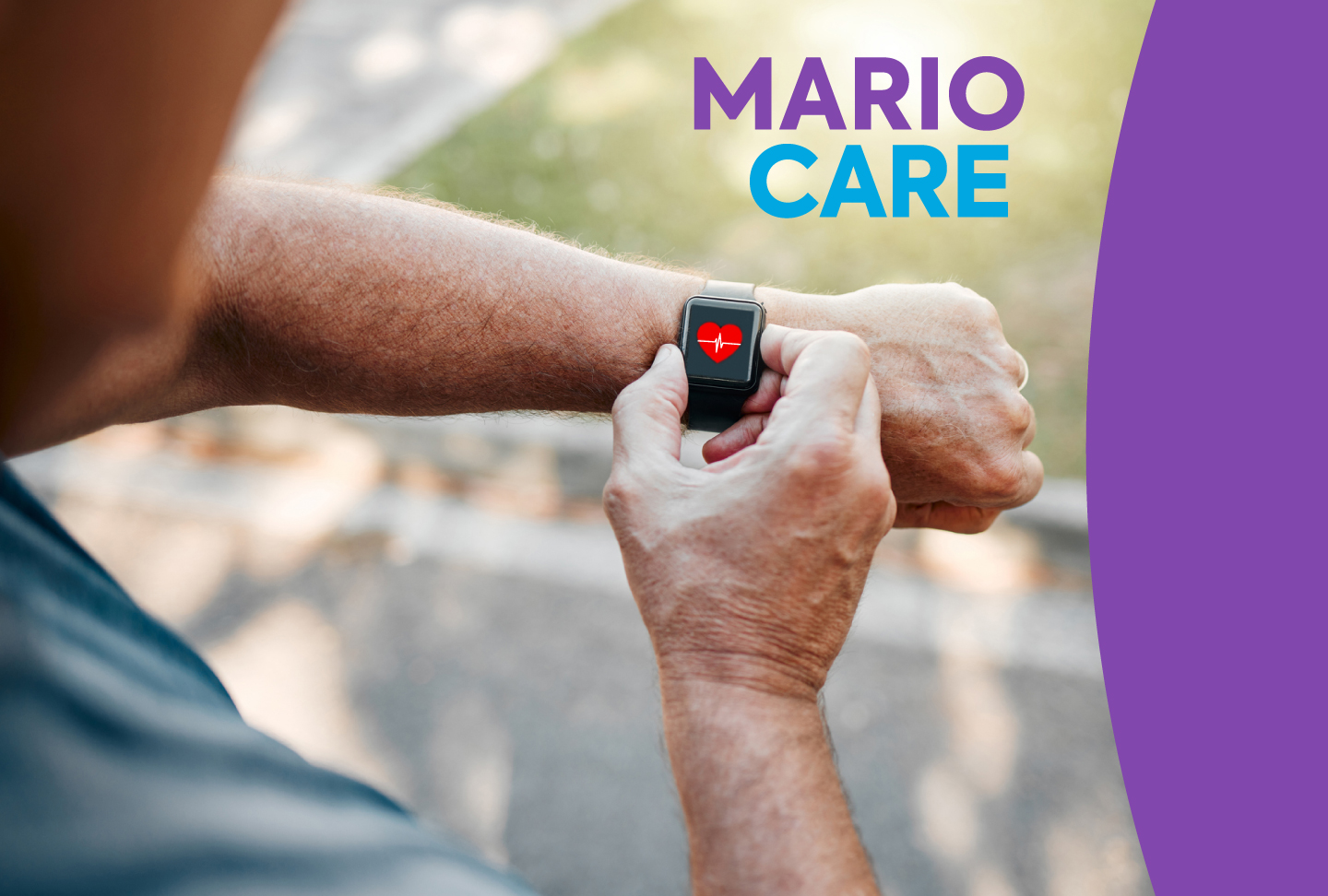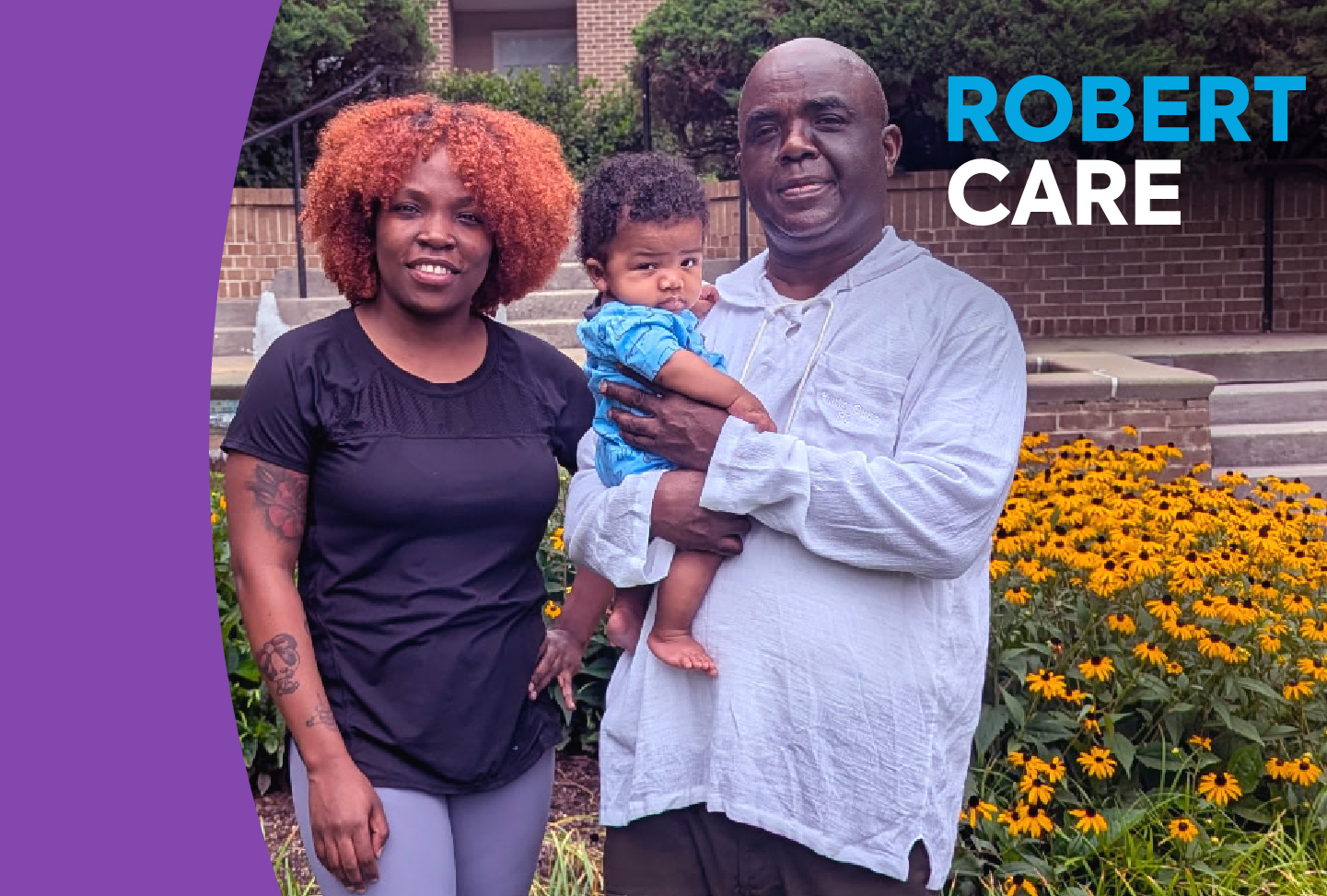A new multidisciplinary program at Wellstar cares for people with aortic conditions, providing both emergency and non-emergent treatment.
The Wellstar Comprehensive Aortic Program brings together a highly-skilled team of experts, including cardiovascular surgeons and vascular surgeons, cardiologists, anesthesiologists, nurse practitioners and physician assistants. These providers share the common goal of diagnosing, treating and preventing aortic diseases and emergencies—making care more comprehensive and improving outcomes for patients.
“Traditionally, aortic diseases have been managed by multiple physicians spread throughout multiple specialties, which can lead to confusion, delays in treatment and competing treatment plans,” said Wellstar Cardiothoracic Surgeon Dr. James Ryan Burke. “Wellstar has created a single, multidisciplinary program to bring together aortic-specific disease expertise and leverage advanced technology.”
Aortic health is crucial to overall wellness
The aorta is the major artery that carries blood away from the heart to the rest of the body. If the aorta is ruptured, then blood does not flow to other areas like the legs, feet and brain, which can lead to lasting brain damage or death.
An aortic aneurysm is an abnormal bulge in the wall of the aorta. Aneurysms are often asymptomatic until they become large, rupture or dissect. However, an aortic dissection, when a tear develops on the inner wall of the aorta, is one for concern. Depending on the aneurysm location, the most common symptom could be one of severe chest pain, back pain, or abdominal pain. When an aneurysm ruptures or tears, it can lead to death within minutes or hours.
The aortic program takes a proactive approach to prevent aneurysms by monitoring and treating aortic conditions.
“Identifying aortic pathology early leads to better patient outcomes,” said Wellstar Cardiovascular Disease Specialist Dr. Jennifer Giuseffi.
The program’s team partners with patients to reduce their risk of an aortic emergency. Risk factors include tobacco use, being older than 65, obesity, high blood pressure, high cholesterol, history of coronary artery disease or peripheral vascular disease, family history of aneurysms, certain connective tissue disorders, and certain genetic conditions. Men are also at higher risk than women.
The team of aortic care specialists gets to know each patient and collaborates with them to create a personalized care plan to keep their aorta healthy.
“Every patient is different. Every aorta is different. The risk factors and complications with every aorta are different,” Dr. Giuseffi said. “Within our group, we’ll be able to address all of our patients’ issues individually.”
Our approach to aortic care brings together experts from multiple specialties, allowing patients to have all their questions answered and get multiple perspectives.
“All patients with aortic diseases being cared for at Wellstar will benefit long-term through the program’s unique collaboration of healthcare practitioners from cardiology, cardiac surgery and vascular surgery all working together to ensure the best possible care and outcomes for patients with these complex heart conditions,” said Vascular Surgeon Dr. Michael Corey.
Managing aortic emergencies
While the program includes an outpatient component to help patients manage aortic conditions or recover from aneurysms or dissections, the systemwide team is also prepared to save lives and step into action during emergencies.
The program offers treatments including aortic root and aortic valve surgery, thoracic aortic surgery and thoracoabdominal aortic surgery.
If you experience any of these symptoms of aortic disease, call 911:
- Severe, sudden pain in the chest, back, abdomen or groin area
- Pulsating feeling in the abdomen similar to a heartbeat
- Cold, numbness or tingling in the hands, legs or feet
- Drop in blood pressure, dizziness or feeling faint
While the team performs procedures at Wellstar Kennestone Regional Medical Center, care teams at all Wellstar hospitals are trained in how to address aortic emergencies and transfer patients if needed. Wellstar Kennestone was the first hospital in Georgia and only fourth in the country to receive the highest certification in cardiovascular care—the Comprehensive Cardiac Care Center Certification—by The Joint Commission and American Heart Association.
Receiving care from the Wellstar Comprehensive Aortic Program
To see a provider in the aortic program, patients can either be referred by their physician or call the office to make an appointment. The team will help patients determine which provider they should see first, depending on their health history or aortic condition. Call (770) 590-4180 to make an appointment or learn more about the program.





